Musa, A., Khan, S., Mujahid, M. et al. The shallow cognitive map hypothesis: A hippocampal framework for thought disorder in schizophrenia. Schizophr 8, 34 (2022). https://doi.org/10.1038/s41537-022-00247-7
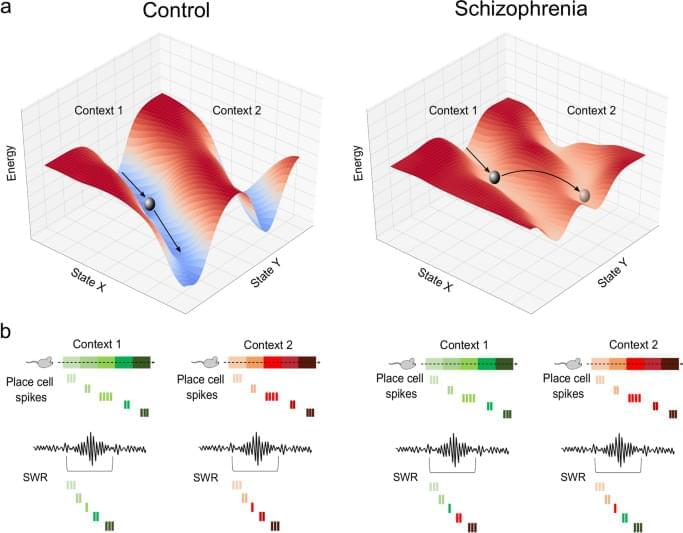

Musa, A., Khan, S., Mujahid, M. et al. The shallow cognitive map hypothesis: A hippocampal framework for thought disorder in schizophrenia. Schizophr 8, 34 (2022). https://doi.org/10.1038/s41537-022-00247-7

Topical ABT-263 effectively reduced several senescence markers in aged skin, preparing it for improved wound healing. Researchers from Boston University’s School of Medicine have identified a promising treatment that could improve wound healing in aging skin. Their study, published in the journal Aging, reveals that the drug ABT-263 can significantly accelerate skin repair by eliminating old, damaged cells known as senescent cells.
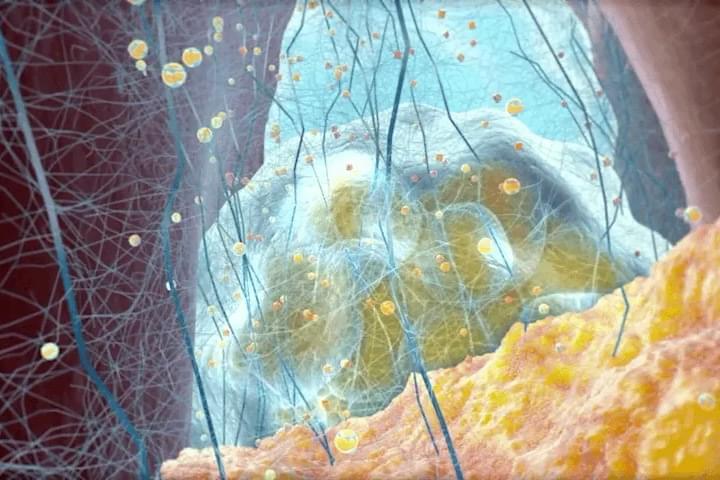
From the press release.
Cyclarity Therapeutics is pleased to announce regulatory approval to begin its first-in-human clinical trial. The trial will be conducted at CMAX, one of Australia’s leading clinical research centers, in partnership with Monash University. This effort will be led by Dr. Stephen Nicholls of the Victorian Heart Institute (VHI), a distinguished leader in cardiovascular medicine. In addition to a traditional SAD/MAD phase 1 trial, the authorization includes an allowance to enroll 12 patients with Acute Coronary Syndrome (ACS) to assess the safety of UDP-003 in individuals with plaque buildup, as well as to explore anecdotal evidence of efficacy. This represents a critical first step in evaluating the potential impact of our therapy in a population with high unmet need.
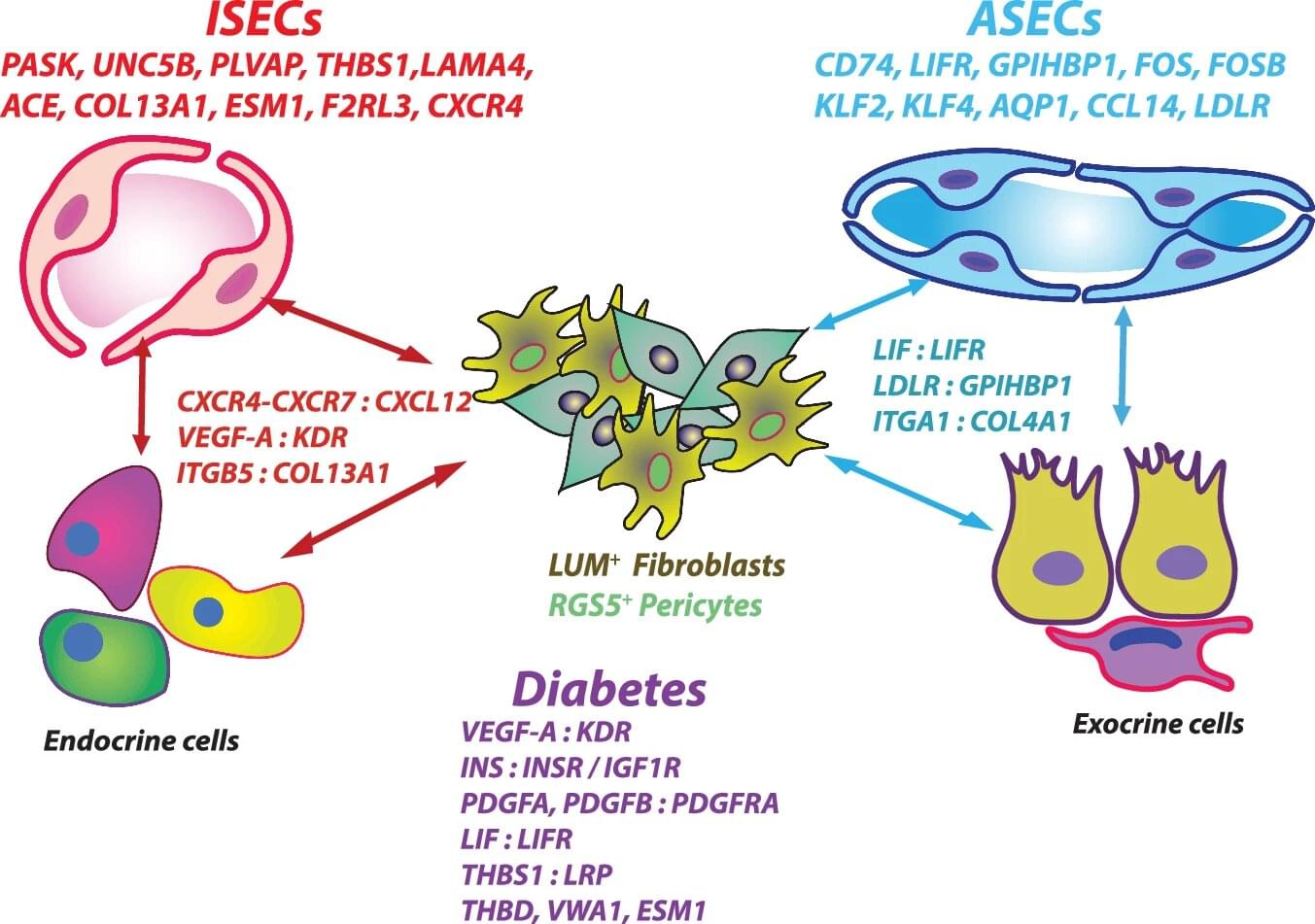
The distinct population of endothelial cells that line blood vessels in the insulin-producing “islets” of the human pancreas have been notoriously difficult to study, but Weill Cornell Medicine investigators have now succeeded in comprehensively detailing the unique characteristics of these cells.
The resulting atlas advances basic research on the biology of the pancreas and could lead to new treatment strategies for diabetes and other pancreatic diseases.
In the study, published in Nature Communications, the researchers devised a set of methods for rapidly isolating and profiling endothelial cells called ISECs (islet-specific endothelial cells) from donor pancreases.
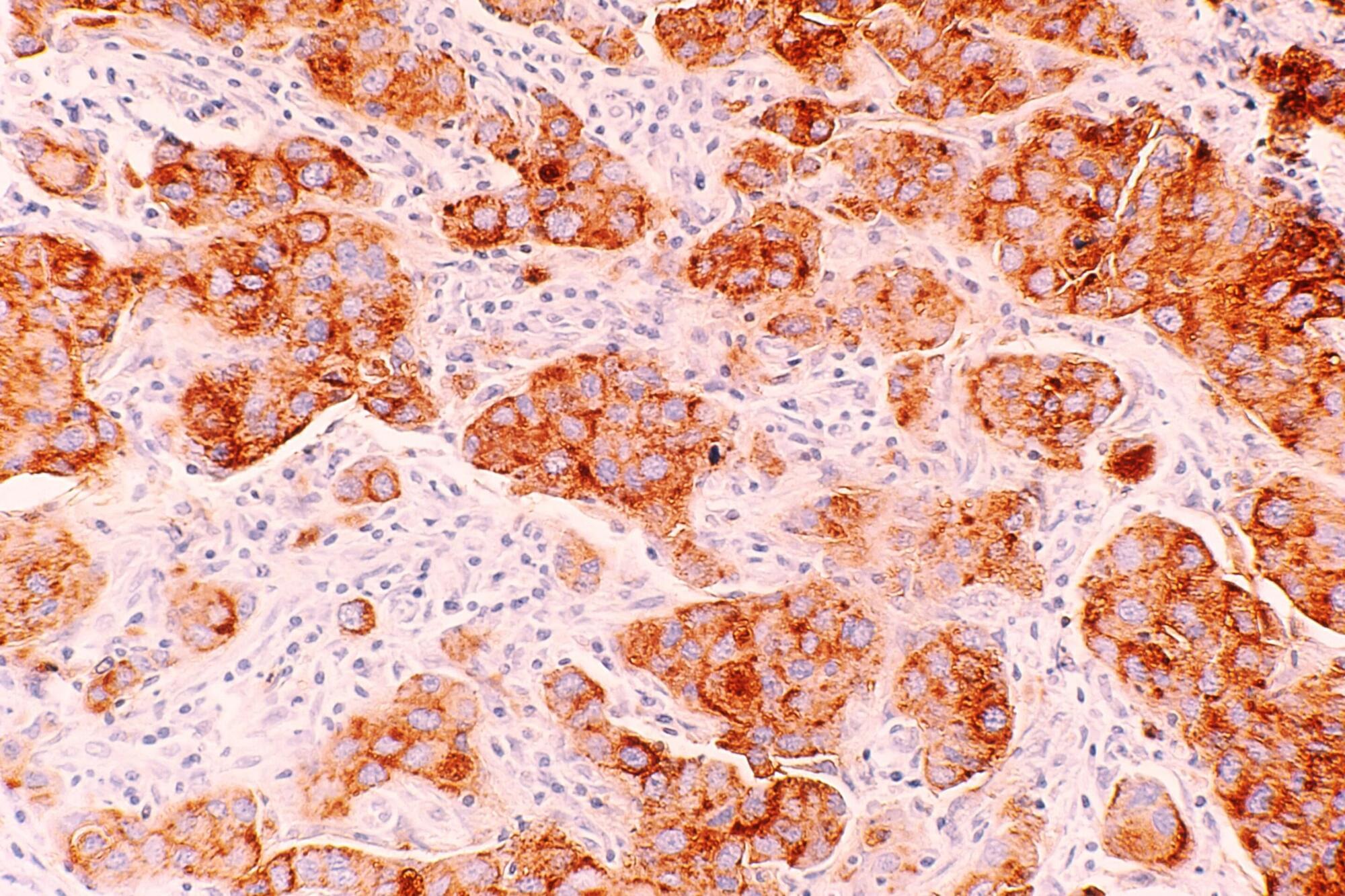
Vimentin is a type III intermediate filament (IF) protein normally expressed in cells that develop into connective tissue, blood vessels, and lymphatic tissue (mesenchymal cells). Despite being widely studied, its role in tumor growth and progression remains unexplored.
A team of researchers at Queen Mary University of London have discovered how a small change in the vimentin protein can make breast cancer more aggressive. The work is published in the journal eLife.
By modifying a specific amino acid cysteine to serine residue at position 328 in vimentin, they discovered that this mutation disrupted the protein’s interaction with the cell’s structural network. Remarkably, the mutated vimentin induced aggressive cancer-like behavior in breast cancer cells, including faster cell growth, migration, and invasion accompanied by reduced cell adhesion.

The first of the studies, carried out by Meta’s Fundamental Artificial Intelligence Research (FAIR) lab in Paris, collaborating with the Basque Center on Cognition, Brain and Language in San Sebastian, Spain, demonstrates the ability to decode the production of sentences from non-invasive brain recordings. Using magnetoencephalography (MEG) and electroencephalography (EEG), researchers recorded brain activity from 35 healthy volunteers as they typed sentences.

In today’s episode, William Hahn explores how Wolfram’s universal computation and Leibniz’s layered consciousness might converge in modern AI, potentially yielding a new evolutionary step in machine self-awareness.
As a listener of TOE you can get a special 20% off discount to The Economist and all it has to offer! Visit https://www.economist.com/toe.
Rubin Gruber Sandbox (referenced by Will): https://www.fau.edu/sandbox.
➡️Join My New Substack (Personal Writings): https://curtjaimungal.substack.com.
➡️Listen on Spotify: https://tinyurl.com/SpotifyTOE
➡️Become a YouTube Member (Early Access Videos):
/ @theoriesofeverything.
Links Mentioned:
William Hahn’s first appearance on TOE: • \.
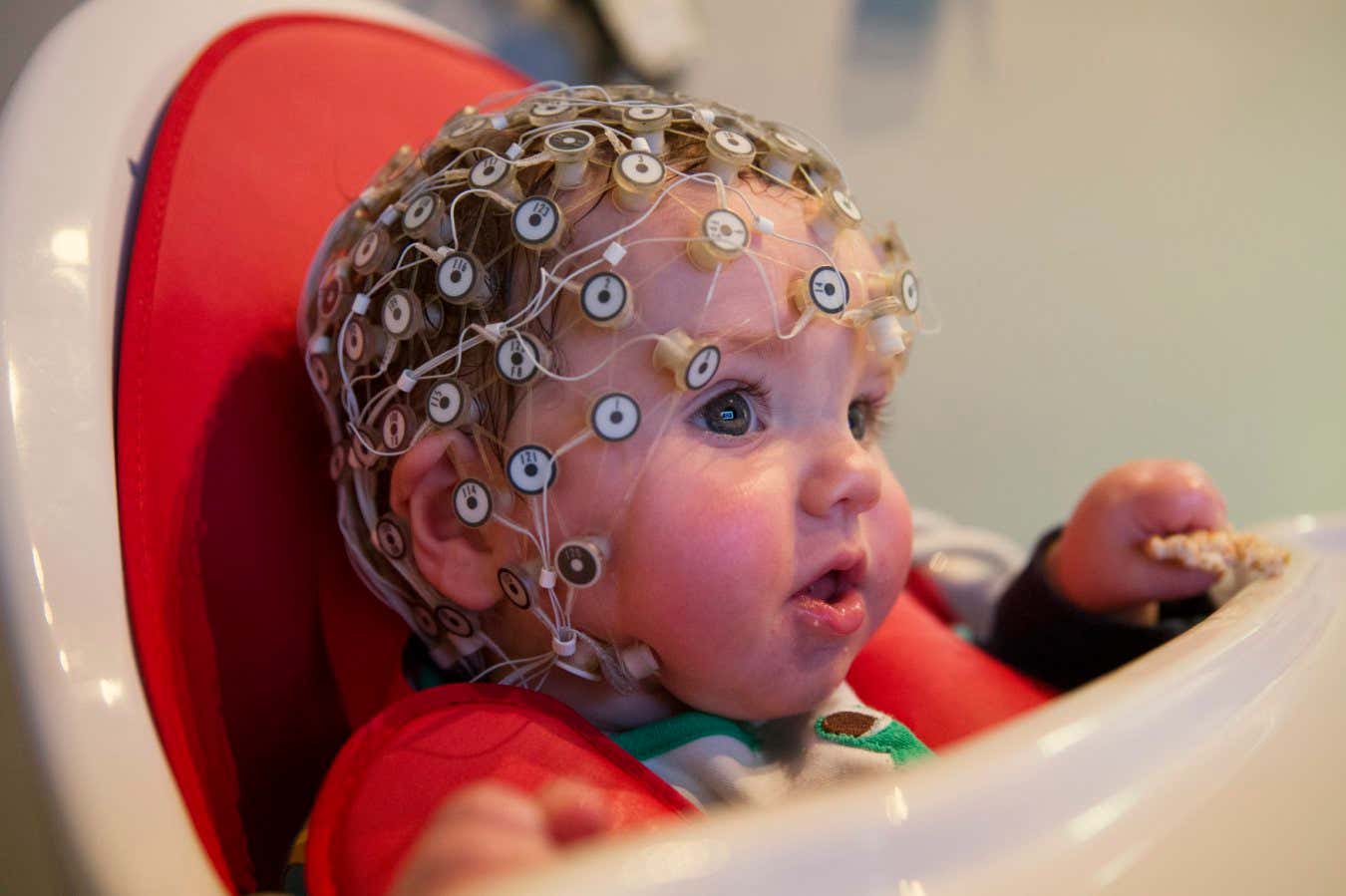
The debate over when consciousness arises has been revitalised by new tests of awareness in infants – raising the possibility that it emerges just before birth.
By David Robson
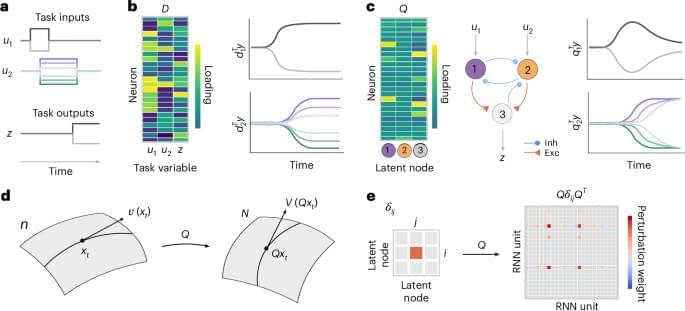
The latent circuit model captures task-related neural activity in the low-dimensional subspace spanned by the columns of Q, with dynamics within this subspace generated by the neural circuit Eq. (2). We infer the latent circuit parameters (Q, wrec, win and wout) from neural activity y by minimizing the loss function L = ∑k,t ∥ y − Qx ∥ 2 + ∥ z − woutx ∥ 2, where k and t index trials and time within a trial, respectively (Methods).
In the latent circuit model, the heterogeneity of single-neuron responses has three possible sources: mixing of task inputs to the latent circuit via win, recurrent interactions among latent nodes via wrec and linear mixing of representations in single neurons via the embedding Q. The orthonormality constraint on Q implies that the projection defined by the transpose matrix QT is a dimensionality reduction in which projection onto the i th column of Q correlates with the activity of the i th node in the latent circuit. Conversely, the image of each latent node i is a high-dimensional activity pattern given by the column qi of the matrix Q. Thus, the latent circuit provides a dimensionality reduction that incorporates an explicit mechanistic hypothesis for how the resulting low-dimensional dynamics are generated.
In general, it is not obvious under what circumstances we can satisfactorily fit a latent circuit model to the responses of a high-dimensional system. If, for example, solutions to cognitive tasks that emerge in large systems are qualitatively different from mechanisms operating in small circuits, then we should not be able to adequately fit task-related dynamics of the large system with a low-dimensional circuit model. However, the existence of a low-dimensional circuit solution that accurately captures dynamics of the large system would suggest that this circuit mechanism may be latent in the high-dimensional system.